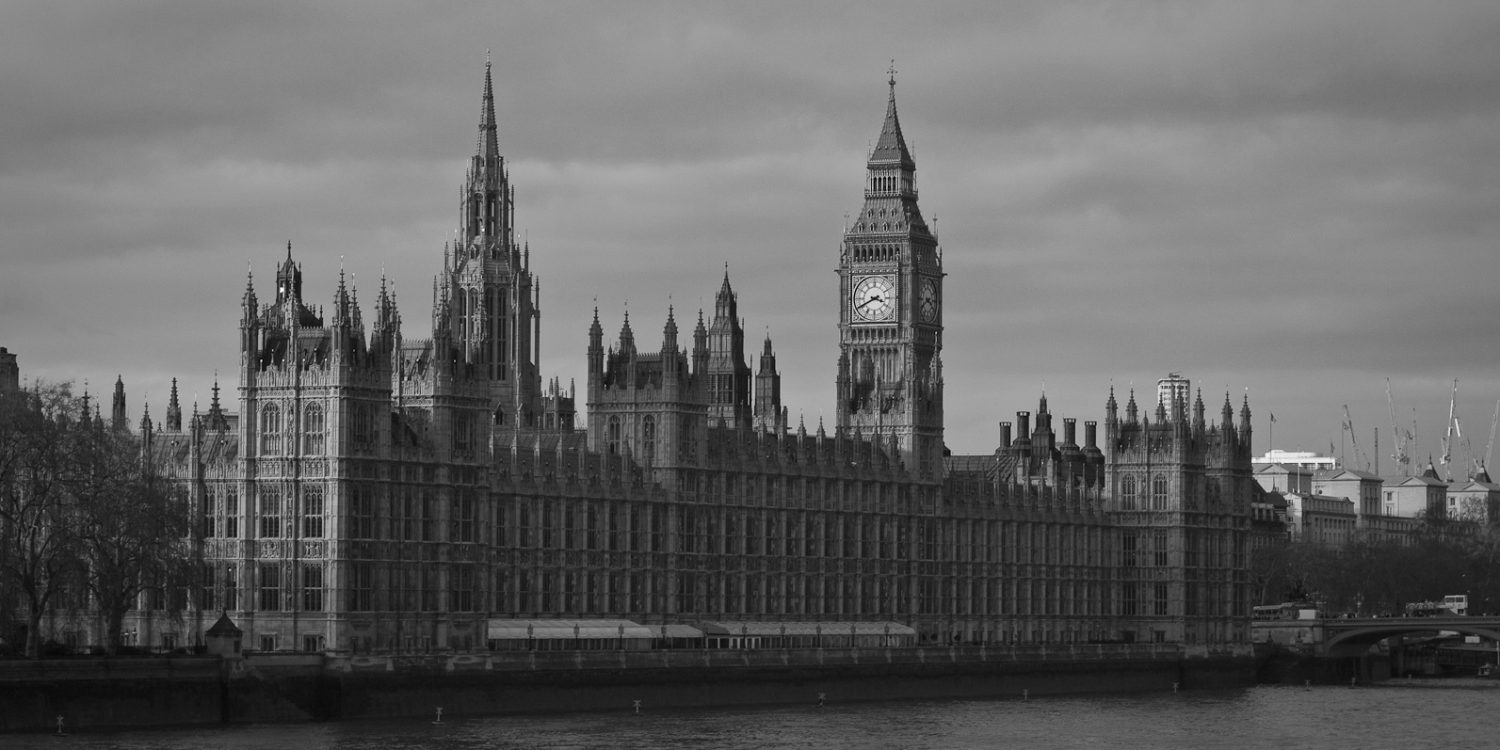How do we change politics?
With a recent report from the Democratic Audit concluding democracy in Britain is in "long-term terminal decline", the Fabian Society’s annual House of Commons Tea event discussed ways to make politics relevant again and how Labour in particular can help...
With a recent report from the Democratic Audit concluding democracy in Britain is in “long-term terminal decline”, the Fabian Society’s annual House of Commons Tea event discussed ways to make politics relevant again and how Labour in particular can help to re-engage people on a local and national level.
Andrew Harrop spoke about the Fabian Next Majority project and the ways in which Labour needs to define an alternative. He said: “The only way to galvanise people’s interest is if we have a positive story to tell and a radical alternative. We need to make a positive case that makes people want to support us. A positive story not negative politics.”
He also explored the idea of disengagement being something that is not an equal or balanced throughout society, saying: “ In the Spring Fabian Review there was an article showing the differences in supporters for Labour per class – and it’s fantastic that people from all walks of life vote Labour but it’s concerning that we’ve lost the lower income votes. Part of Labour offering a radical alternative is local empowerment.”
Labour have been talking about a “new way of doing things”, which links to the way in which grassroots activism and organisation are developing – with many Labour activists seeing their role as getting people involved and solving problems together. “Labour’s job”, explained Harrop “is to carve out something worth voting for.”
Harrop went on further to talk about the recent Fabian research, which looked at public services. In looking at the research it is clear that there is a disconnect between essential public services and those using them, with much scepticism of and ambivalence to the middle tier and bureaucracy that runs public services. People want a direct say in how public services are run and want staff to have more of a say and more flexibility. Although, he added, it was worth taking a beat to consider that what people say this in polls does not always translate to day-to-day life.
His conclusions included ideas around a radical devolution of power to a local level and how through local autonomy, with a lot at stake locally, local communities and local media would become more engaged. He added:” Unless we try this sort of thing we’re never going to unblock the political problems we have.”
Further to this Gregg McClymont MP reflected on the ways in which a new kind of politics might facilitate a more engaging process: “Politics is making collective decisions amongst competing interests. We have to find a way to have a more grown up conversation about the compromises politics involves. Ed Miliband has made steps towards a more reasonable politics – one where you feel like people are able to speak out against things they think unjust. Labour need a credible answer to the questions on the doorstep.”
Helen Goodman MP stepped into the breach with a look at the two things going on at the moment: the changes institutional arrangements and the changes in behaviour. In response to earlier points about increased engagement and local autonomy she said: “It’s that Oscar Wilde thing isn’t it? That socialism is a great idea but it takes up too many evenings. I think we need to be careful that we’re not trying to create model citizens that don’t exist.”
Goodman also went onto to talk about the situation with local news media and how, due to the fact that local newspapers are not intrinsically unprofitable, they could be run as social enterprises or co-ops. Or, as Austin Mitchell MP has proposed, make them assets under the localism bill. She stated: “A well functioning media is intrinsic to a functioning democracy. The Leveson Inquiry has given us time for aspects of media culture and behaviour to be explored openly. The new PPC needs to be independent with statutory backing and there needs to be limits on ownership within the market and across media (including vertically integrated industries).”
There were questions from members on a wide range of issues including compulsory voting, the lords, the BBC, the range of bias in the media, the power of supermarkets, power of the lobbyists and local issues.
One of the questions was from a local councillor, who wanted to share her experience of how difficult the issue of local engagement can be. She explained: “Local politicians do work with local people to try and solve problems but most of the things that we want to change, we don’t have the power to change. No wonder people feel alienated if they give up an evening to lobby a local councillor and then the answer is no, because we can’t help. It won’t encourage them to try again.”
Patrick Diamond discussed the pros and cons of compulsory voting, after a specific question on the subject. He concluded: “Is compulsory voting just a lazy solution for the political class? What we really need to do in engage people.” He then offered a reasonable conclusion to proceedings as the discussion panel wound up, just in time for tea: “I think people are deeply interested in politics. Radical choices will help give people a sense of politics.”
